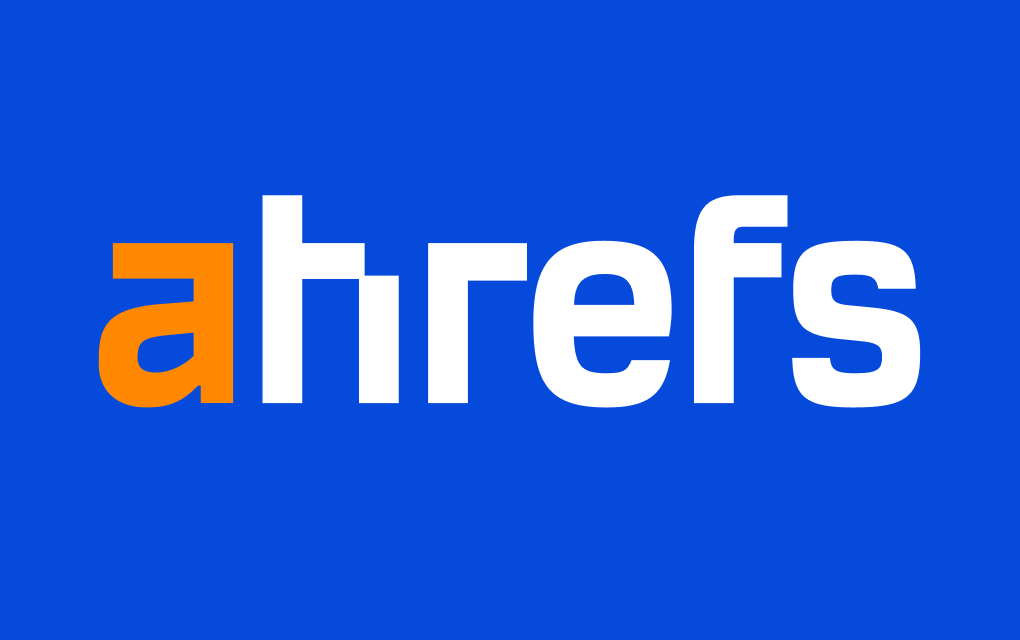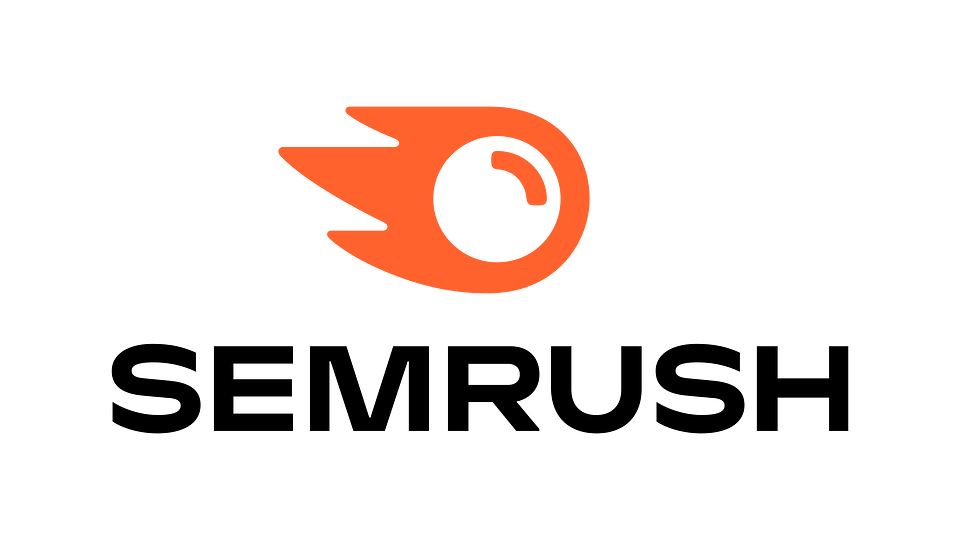Features | Backlink analysis and keyword research | |
Pros | ✅ Superior backlink analysis depth | |
Cons | ❌ Steeper learning curve due to feature breadth | |
Ease of Use | – Clean, minimalist, uncluttered dashboard | – Comprehensive but busy dashboard with many tools |
I’ve spent a ton of time messing around with SEO tools, trying to make websites better, hunting down the right keywords, and drinking way too much coffee ☕.
I’ve relied a lot on Ahrefs and SEMrush to figure out the wild world of search engines 🌐. These two are like my go-to helpers—each one has its own cool tricks 💪.
I’ve had some big wins with them, gotten confused by their screens 🤔, and yeah, grumbled a bit when stuff went wrong 😤. So, I’m sharing my honest take on what makes Ahrefs and SEMrush special ⏰.
Want to know which one’s best for you? Hang out with me, and let’s sort it out together!
Quick Overview of Ahrefs vs SEMrush:
| Feature | Ahrefs | SEMrush |
|---|---|---|
| Main Strength | Backlink analysis and SEO data | All-in-one marketing (SEO + PPC + more) |
| Keyword Research | Strong, with traffic potential insights | Excellent, includes PPC data |
| Backlink Analysis | Best-in-class, detailed link data | Solid, with competitive insights |
| Site Audit | Good for technical SEO fixes | More detailed, beginner-friendly |
| Content Tools | Content Explorer for ideas | Topic Research + content marketing |
| Extra Features | Focus on SEO only | PPC, social media, local SEO add-ons |
| Ease of Use | Simple, clean interface | Packed dashboard, slight learning curve |
| Pricing (Starts) | $99/month (Lite plan) | $139.95/month (Pro plan) |
| Free Option | Limited free tools | Free plan with basic features |
Quick Take: Ahrefs is your go-to for deep SEO insights, especially backlinks and keywords. SEMrush is broader, covering SEO plus extras like ads and social media. Pick based on your needs—SEO focus (Ahrefs) or full marketing (SEMrush)! 🚀😊
Ahrefs vs SEMrush: Comparing SEMrush with Ahrefs by category
In this section, we’ll examine in greater detail how SEMrush and Ahrefs contrast in each of the key components of an SEO campaign.
What is SEMrush?
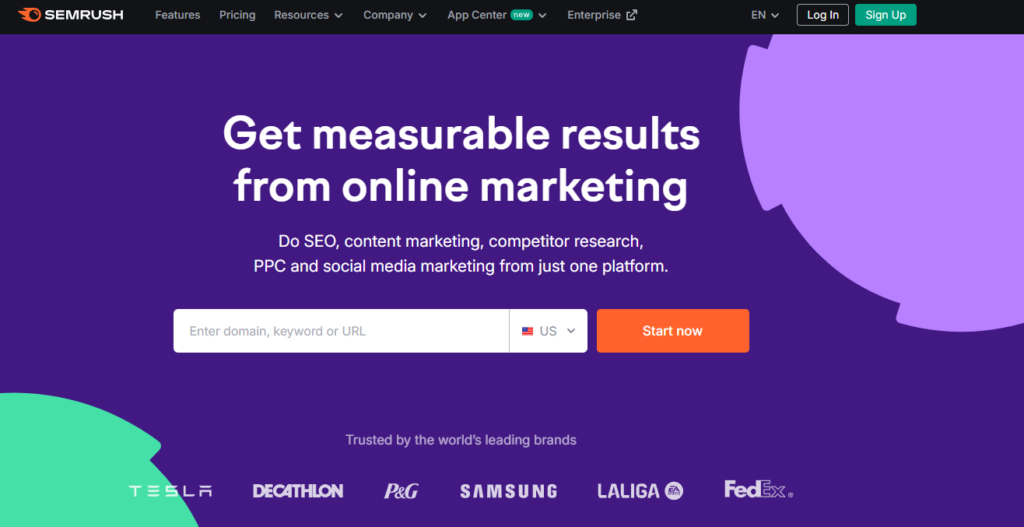
SEMrush is a powerful online tool that helps businesses and marketers boost their visibility on the internet. Think of it as a Swiss Army knife for digital marketing—it’s got everything you need to improve your website’s performance, spy on competitors, and grow your online presence.
Launched in 2008 by a small team of SEO and IT experts, SEMrush has grown into a go-to platform used by over 10 million marketers worldwide.
If you’re running a blog, an e-commerce store, or a big company, SEMrush helps you figure out what’s working, what’s not, and how to get ahead—all in one place.
It’s based on the idea of making online competition fair by giving everyone access to the same smart insights.
Based on info from, SEMrush is all about managing your online visibility with tools for SEO (search engine optimization), PPC (pay-per-click ads), content creation, social media, and competitive research. It’s packed with data—like 25 billion keywords and 43 trillion backlinks—making it a goldmine for anyone serious about standing out online.
What is Ahrefs?
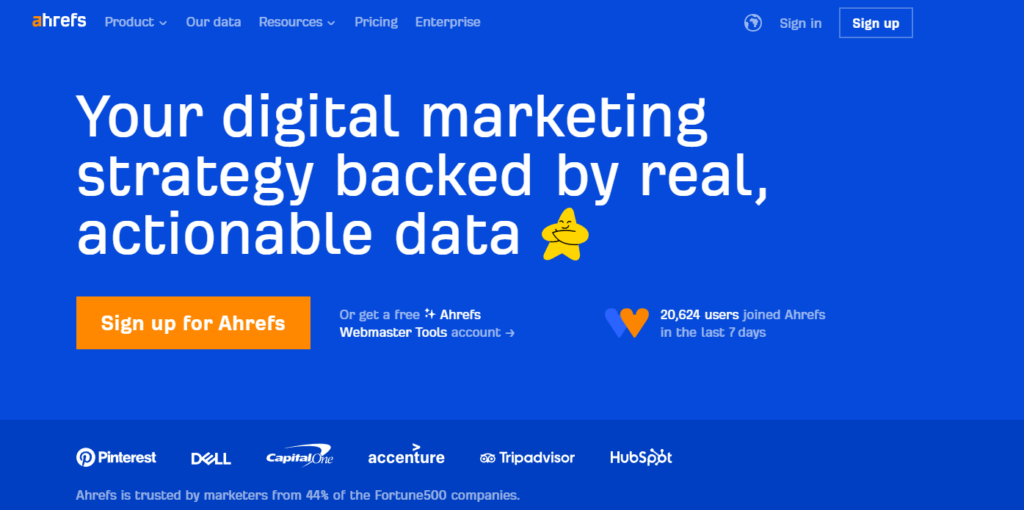
Ahrefs is a top-notch SEO (search engine optimization) toolset designed to help marketers, website owners, and businesses grow their online presence by boosting organic search traffic.
Founded in 2010 by Dmitry Gerasimenko, it’s a product of Ahrefs Pte. Ltd., a Singapore-based software company. What started as a backlink analysis tool has evolved into a full-blown suite for tackling all things SEO.
I’ve used it myself to dig into competitors’ strategies and fine-tune websites—it’s like having a secret weapon for understanding how to rank higher on Google.
According to ahrefs, it’s trusted by 44% of Fortune 500 companies and processes petabytes of web data daily with its AhrefsBot, the world’s second-most active crawler.
In simple terms, Ahrefs helps you figure out what’s working online and how to beat the competition.
It’s all about giving you actionable data—whether that’s finding the right keywords, analyzing backlinks, or auditing your site for problems.
With a massive database (35 trillion links, 651 million tracked keywords), it’s a go-to for anyone serious about SEO, content marketing, or even digital PR.
Ahrefs Features
Ahrefs packs a ton of tools into its platform, organized into a sleek interface that’s easy to navigate once you get the hang of it. Here’s a deep dive into its key features
1. Site Explorer
This is Ahrefs’ crown jewel for competitive research. You can pop in any website or URL and get a full breakdown of its SEO profile—backlinks, organic keywords, and paid traffic.
- Backlink Profile: See every link pointing to a site (over 35 trillion in their index!), including new and lost links. I once used this to spot a competitor’s 200+ backlinks from guest posts—then pitched the same sites myself.
- Organic Search: Shows what keywords a site ranks for and how much traffic they bring. It tracks 651 million keywords across 189 locations—insane depth!
- Paid Traffic: Reveals PPC ad keywords and landing pages competitors use.
2. Keywords Explorer
Helps you find and analyze keywords to target for SEO or PPC campaigns.
- Offers keyword ideas with search volume, difficulty scores, and “clicks” data (how many clicks a keyword actually gets, not just searches). I targeted “best hiking boots” once and saw it had low difficulty but solid click potential—ranked in weeks!
- Supports multiple platforms: Google, YouTube, Amazon, Bing, and more.
- Shows traffic potential and search trends over time.
3. Site Audit
Scans your website for technical and on-page SEO issues, then tells you how to fix them.
- Checks over 100 issues—broken links, slow pages, missing meta tags, you name it. I fixed a client’s site speed issue flagged here and saw their bounce rate drop.
- Gives a health score (0-100) and prioritizes fixes.
- Free limited access via Ahrefs Webmaster Tools for site owners.
4. Rank Tracker
Monitors your site’s keyword rankings over time.
- Tracks rankings across devices and locations—super handy for local SEO.
- Compares your performance to competitors. I tracked “cheap flights” for a travel site and saw it jump from page 2 to top 5 after some tweaks.
- Shows visibility and traffic share metrics.
5. Content Explorer
Finds popular content ideas based on a topic or keyword.
- Pulls up articles with stats like backlinks, organic traffic, and social shares. I searched “minimalist living” and found a post with 500+ links to model my next piece after.
- Filters for broken links or high-performing pages to target for outreach.
6. Additional Tools
- Alerts: Get notified about new backlinks, lost links, or keyword ranking changes. I set this up for a site and caught a toxic link before it hurt us.
- Domain Comparison: Stack up to five websites side-by-side for a quick SEO showdown.
- Batch Analysis: Analyze multiple URLs at once—great for bulk competitor research.
- SEO Toolbar: A free browser extension showing on-page SEO metrics while you surf.
Bonus Perks
- AI Features: Recently added AI-powered content tools to brainstorm ideas or improve drafts.
- Community & Learning: Access to Ahrefs Insider (a private community) and tons of free tutorials. I’ve picked up tricks from their blog alone that rival paid courses.
- Data Power: AhrefsBot crawls the web constantly, making their data fresh and reliable—trusted by SEO pros over competitors like Google Search Console in some surveys.
More like SEMrush vs Ahrefs
- How to Delete Server on Discord?
- How to Install Mods in Super Smash Bros Ultimate
- Extreme Car Driving Simulator Mod Apk on Android?
- Fire Kirin Apk for Android
SEMrush vs Ahrefs Pricing:
Ahrefs
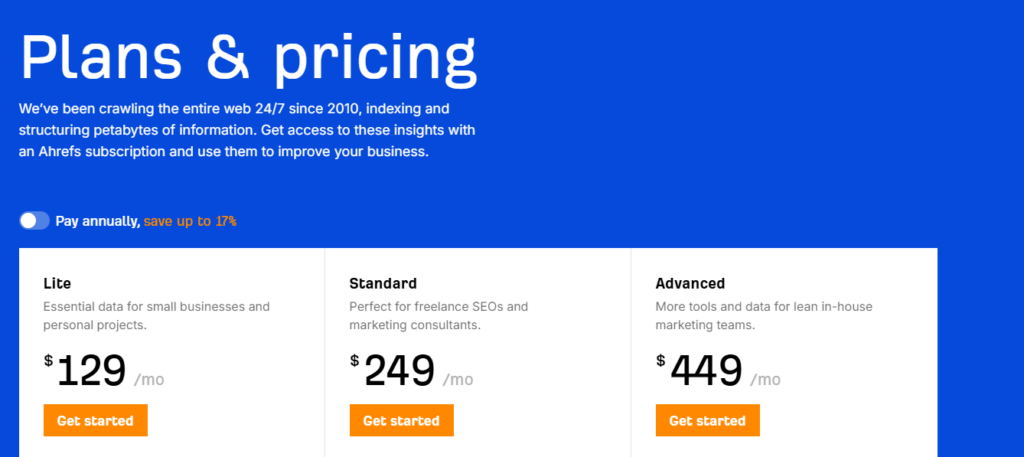
| Feature | Starter | Lite | Standard | Advanced | Enterprise |
|---|---|---|---|---|---|
| Monthly Cost | $29 | $129 | $249 | $449 | $999 |
| Annual Cost (Per Month) | N/A (Monthly only) | $107 ($1,284/year) | $207 ($2,484/year) | $374 ($4,488/year) | $832 ($9,990/year) |
| Credits Per Month | 100 (+500 verified) | 500 | Unlimited | Unlimited | Unlimited |
| Projects (Verified/Unverified) | Unlimited / 5 | Unlimited / 5 | Unlimited / 20 | Unlimited / 50 | Unlimited / 100 |
| Crawl Credits (Site Audit) | 5,000 per project | 100,000 per project | 500,000 per project | 1,250,000 per project | 2,500,000 per project |
| Keywords Tracked | 250 | 750 | 2,000 | 5,000 | 10,000 |
| Users Included | 1 Power User | 1 Power User | 1 Power User | 1 Power User | 10 Power Users |
| Key Features | Basic SEO tools | + More data, 6-month history | + Unlimited credits, 12-month history, SERP | + Looker Studio, more exports | + API, SSO, custom reports |
SEMrush:

| Feature | Pro ($139.95/month) | Guru ($249.95/month) | Business ($499.95/month) |
|---|---|---|---|
| Projects | 5 | 15 | 40 |
| Keywords to Track | 500 | 1,500 | 5,000 |
| Results per Report | 10,000 | 30,000 | 50,000 |
| Reports per Day | 3,000 | 5,000 | 10,000 |
| SEO Tools | Basic (keyword research, site audit, backlinks) | All Pro + historical data | All Guru + advanced features |
| Content Marketing | Not included | Topic Research, SEO Writing Assistant | Same as Guru |
| Advanced Features | None | None | API access, Looker Studio, Share of Voice |
| Best For | Freelancers, startups, small teams | Growing agencies, SMBs | Large agencies, enterprises |
Additional Notes:
- Free Plan: Limited access—10 daily analytics requests, 1 project, 10 keywords tracked.
- Add-Ons: SEMrush .Trends ($200/month/user), extra users ($45-$100/month depending on plan).
- Custom Enterprise: Contact sales for tailored pricing.
- Trial: 7-day free trial for Pro and Guru; no trial for Business.
Academy
Ahrefs:
Ahrefs Academy is a focused, user-friendly platform offering free video-based courses designed to teach SEO and digital marketing with a practical twist.
It features tutorials like “Blogging for Business” and “Affiliate Marketing,” led by experts such as Sam Oh. The content emphasizes actionable strategies—think keyword research, on-page SEO, and link building—tailored to help beginners and intermediate learners grow organic traffic effectively.
What sets it apart is its simplicity and direct integration with Ahrefs’ tools, showing users how to leverage its data for real-world results.
No subscription is required to dive in, making it an excellent starting point for those looking to master SEO fundamentals without overwhelming complexity.
Semrush:
Semrush Academy delivers a robust and diverse learning experience for digital marketers of all levels.
This free platform offers an extensive range of courses covering SEO, PPC, content marketing, social media, and competitive analysis, with contributions from industry heavyweights like Brian Dean and Greg Gifford.
Its curriculum spans beginner-friendly SEO basics to advanced topics like international marketing strategies, and it stands out with certification opportunities—learners can earn recognized credentials after passing exams.
Deeply integrated with Semrush tools, the academy provides hands-on guidance for campaign execution and platform mastery, making it ideal for those seeking a comprehensive, career-boosting education with a structured approach.
Usability
Ahrefs
Ahrefs is designed to be straightforward and easy to use, especially if you’re focused on SEO. Its interface is simple, so you can quickly find the tools you need, like Site Explorer or Rank Tracker, right from the main dashboard.
This makes it a great choice if you want something that doesn’t confuse you with too many options.
It’s perfect for people who value simplicity and just want to get straight to work on things like checking backlinks or tracking rankings.
However, it’s not as flashy with visuals, so if you like pretty reports or need screenshots for presentations, it might feel a bit basic.
SEMrush
Semrush packs a lot of features into one tool, which makes it powerful but a bit harder to figure out at first. If you’re new to SEO or digital marketing, the interface might feel overwhelming because there’s so much going on.
It has a learning curve, but once you get used to it, everything is well-organized. The dashboard gives you a clear overview of your key metrics, which is handy.
It’s a big plus for people managing multiple things—like SEO, content, or social media—since it brings everything together in one place.
Plus, Semrush offers nice-looking visuals in its reports, which are great for digging into data or grabbing screenshots for your work.
Pros & Cons
Ahrefs
Pros
- Great for backlink analysis: Ahrefs is known for having one of the best tools to check who’s linking to your website or your competitors’
- Easy-to-use interface: It’s straightforward and good for beginners or pros who want quick insights.
- Detailed keyword research: You get solid data on what keywords people search for and how hard they are to rank for.
- Fast support for users: They offer live chat (if you’re logged in) and email, with quick replies.
Cons
- Limited support access: You need to be logged in to use live chat, and there’s no phone option or chatbot for non-users.
SEMrush:
Pros
- All-in-one tool: It’s great for SEO, content planning, social media, and even paid ads, so you get more features in one place.
- Flexible support: You can reach them by email, live chat, phone, or even a chatbot (no account needed), and they reply within a day.
- Affordable trial option: It’s easier to test with a 7-day free trial, and their base plan is cheaper than Ahrefs’.
- Fast refunds: From my experience, they handle issues like refunds quickly (e.g., I got a reply in hours and money back in days).
Cons
- Can feel overwhelming: With so many features, it might be confusing for beginners.
Customer Support:
When it comes to customer support, both Ahrefs and Semrush offer good options, but they work a little differently.
Semrush gives you several ways to get help. You can email them, use live chat, or even call them on the phone. If you don’t have an account, you can still ask questions using a chatbot on their pricing page.
For people who already use Semrush, there’s live chat and a contact form. They promise to reply within one business day, and they keep that promise.
For example, I once paid for Semrush Pro by mistake instead of starting a free trial. I used the contact form to ask for a refund, and they replied in just a few hours. The refund came a few days later.
Ahrefs also has support, but it’s a bit more limited. They offer live chat on their website, but you need to be logged in to use it. If you like emails, you can click “Contact us” at the bottom of their site to send them a message.
They respond pretty quickly too, but you have to be a user to get the most out of their support.
In short, both tools have solid support and answer fast. Semrush has more options, like phone support and a chatbot for non-users, while Ahrefs keeps it simpler with live chat and email for logged-in users. It depends on what you prefer!
Quick Links:
Final Thoughts on Ahrefs vs SEMrush
All of these SEO tools give SEO and SEM experts access to extensive keyword research, competition analysis, site audits, rank analyses, associated data, analytics, and competitor advantages.
However, anyone can use them to increase their online visibility, draw organic traffic (search volume), and establish authority in their industry, including SEO consultants who work independently and SEO and search engine marketing businesses.
Undoubtedly, having at least one of these tools is essential to a successful digital marketing plan!

